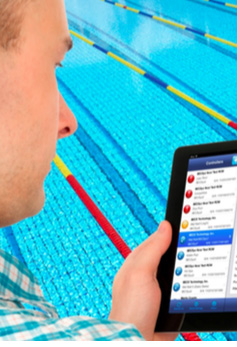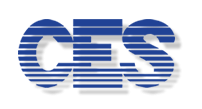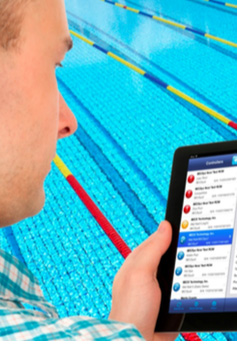
Thousand of customers rely on CES control systems to send them alarms for any out of range conditions. These alarms can encompass pumps, filters, water chemistry, heaters, chlorinators, and pH feeders among others. While the alarms are clearly seen on the face panel of the controller, they are also part of the powerful alert notification system that sends these important messages via text or email, and escalates the alarms to additional staff and the CES service team until the issue has been resolved. Some folks are happy that these programs have been very successful in helping keep the lawyers out of your checkbooks.
Veteran CES customers know that the CES controllers don’t CAUSE the alarms, they just report them…. so getting alarms and catching things early has been a very popular strategy for years.
We wanted to make sure that you were working with the best possible solutions once you received an alarm, so we put together a new reference sheet that details all the potential alarms, rankes them by priority, explaines the importance of each alarm, and finally provides the most common solutions.
We highlighted the alarms for conditions that could possibly trigger immediate closure from the Department of Health (DOH), and also other alarms that might trigger a complaint from a patron.
Hope you like it. This is meant to be small part of our overall support program, and we encourage you to contact us directly with any questions, comments, or issues, and we will gladly help you resolve either over the phone, Facetime, or with a quick on site visit from one of our factory certified technicians.
Many thanks for your long time support,
Happy Holidays.





